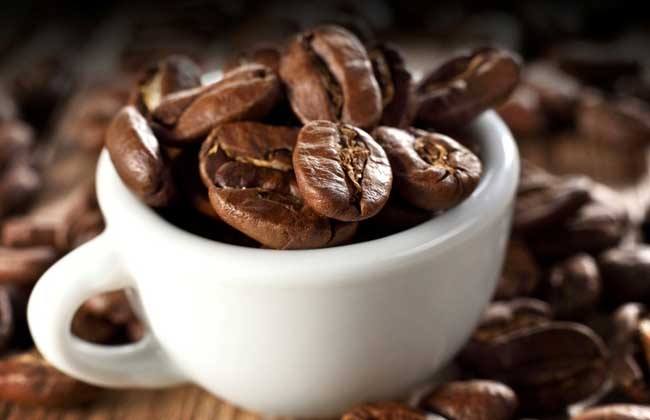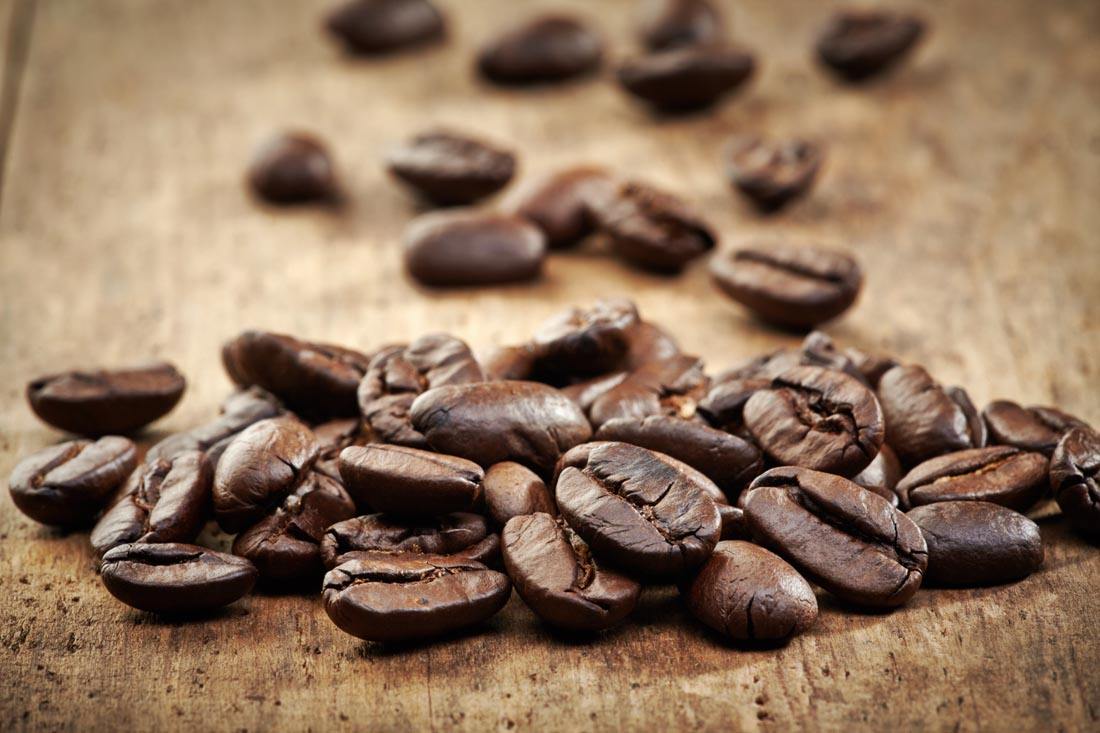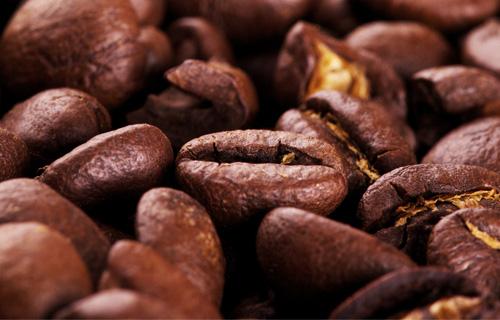Puerto Rican coffee flavor description, Puerto Rican coffee introduction
Follow the caf é (Wechat official account vdailycom) and found that Beautiful Cafe opened a small shop of its own.
The origin of coffee in Puerto Rico:
The best coffee in Puerto Rico is YaucoSelecto, which means "Selecto". Grand Larez and Yaoke coffee (GrandLares-Yauco) are produced in the southwest of the island, while Larez coffee is produced in the south-central part of the island. Yaocote's choice of coffee, which is grown only on three farms in the southwest of the island, is fragrant and has a long aftertaste. This kind of coffee is very expensive and its flavor is comparable to that of any other coffee variety in the world. In the Yauco area, the coffee is owned and operated by local planters. The mountain climate here is mild, the plants have a long mature period (from October to February), and the soil is of high quality clay. Some old varieties of Arabica coffee beans are grown here, although the yield is lower than other varieties, but generally of high quality. People here have been using an ecological and intensive planting method, using only some low-toxic fertilizers and chemicals, and taking mixed crop planting measures to make the soil more fertile. When it comes time to pick coffee beans, people walk through the coffee trees, picking only fully ripe coffee beans, and then wash them in a roller device for 48 hours. Yaocote chose coffee beans to be preserved in shells before they were shipped, and the skins were not removed until the order was shipped to ensure the best freshness of the coffee.

The characteristics of Puerto Rican coffee:
Yaocote selected is a fascinating coffee, it has a complete flavor, no bitterness, rich nutrition, rich fruit, and is worth tasting. Even Thales in Harrogate, UK, has imported 50 bags of Yaoke specialty coffee.
Flavor: full granule, full flavor, rich aroma
Suggested baking method: medium baking
★★★: excellent
What is the reason for the decline of coffee in Puerto Rico?
Puerto Rico has been in the news lately because its government, which has been saddled with $70 billion in debt for years, officially defaulted in August. Its embarrassing situation originated from the Spanish-American War in 1898, when Spain surrendered Puerto Rico to the United States, making it a commonwealth of the United States in the Caribbean. Unlike the 50 local states, some federal benefits are not available to it, but rules and regulations must be observed. Puerto Rico has had four referendums, the last in 2012, when 61% of its citizens approved it as the 51st state in the United States, but waiting for Congress to pass is a long way off. The state government is so unable to be protected by the bankruptcy law after default that it is jokingly called the Greece of the United States because their financial situation is similar to their political relations with the United States and the European Union.
The decline of Puerto Rico's coffee industry has a lot to do with its awkward economic and political situation. During the Spanish-American War, the United States had established a strong and lasting coffee trade agreement with Brazil, a coffee giant, and did not give too much thought to Puerto Rico, which had just been successful. Moreover, the economic purpose of the United States in the Caribbean is mainly focused on the sugar industry, which has made the local sugar cane production so booming that small-scale coffee retail investors have no way to fight, and coffee manufacturers who can survive have to merge again and again to retain their strength. It is said that the quality of local varieties has also been affected.
Nowadays, Puerto Rico's coffee is not even enough for domestic demand, and it still needs to import raw beans from other places for baking, so we don't know how much of the coffee we snapped up was picked on the island.
But the shortage of coffee on the island is not entirely due to the decline in production. Because of the closer relationship with the United States, few local people are willing to engage in the coffee-picking business. According to records, 1/4 of the coffee on the trees is wasted every year because it is not picked, because coffee farmers go to work in the United States. Those who stay, because of the minimum wage law, government subsidies, and other social welfare reasons, are also unwilling to do the work of bending over the slopes all day in the scorching sun. According to the latest statistics, today the population of the island is about 3.9 million, while the population of Puerto Rico in the United States reaches 4.2 million. No wonder the state government has recently been weighing the use of prisoners to pick coffee beans. It's just that no one knows how effective the work of these prisoners who prefer to stay in air-conditioned cells is.
Puerto Rico has the highest per capita GDP compared with Latin America as a whole, but it is lower than Mississippi, the poorest state, with 41 per cent of people living below the poverty line. But if it imports labor from other regions, it needs to pay a minimum federal wage and minimum health insurance, as well as stricter environmental policies. In this way, it loses its competitiveness compared with the surrounding Dominica, Jamaica, Cuba and other countries.
Puerto Rico is located in the Caribbean, picturesque, perennial climate, beaches, monuments, forests, but also suitable for the growth of high-quality coffee soil and Rain Water, unique natural conditions. Because within the territory of the United States, domestic tourists, including foreigners in the United States, do not need to apply for passports and visas, and there is no language barrier. Originally, these are its strengths, tourism and coffee economy should be booming. However, the former coffee kingdom has not only lost its halo, but also its government finances are in jeopardy. There are many reasons, and its awkward position in American geopolitics and economy may have something to do with it.
Important Notice :
前街咖啡 FrontStreet Coffee has moved to new addredd:
FrontStreet Coffee Address: 315,Donghua East Road,GuangZhou
Tel:020 38364473
- Prev

Characteristics of Burundian coffee and flavor description of Burundian coffee
Following Cafe (official Wechat account vdailycom) found that Beautiful Cafe opened a small shop of its own in Burundi's coffee producing area: Burundian (Burundi) coffee is now grown only on small farms. Almost all coffee produced in Burundi is Arabian coffee beans, while coffee trees in Ngozi are planted at an altitude of more than 1200 meters. Characteristics of Burundian coffee: Burundi (B
- Next

Dominica coffee flavor description, Dominica coffee taste
Following Caf é (official Wechat account vdailycom) found that Beautiful Cafe opened a small shop of Dominica Coffee beans (Caribbean). Dominican coffee is grown in highlands and lowlands, and its taste is slightly different. The upland is sour, but the taste is rich; the lowland is less sour and tastes smoother. In recent years, boutique coffee is very popular, and some Dominican manors
Related
- Detailed explanation of Jadeite planting Land in Panamanian Jadeite Manor introduction to the grading system of Jadeite competitive bidding, Red bid, Green bid and Rose Summer
- Story of Coffee planting in Brenka region of Costa Rica Stonehenge Manor anaerobic heavy honey treatment of flavor mouth
- What's on the barrel of Blue Mountain Coffee beans?
- Can American coffee also pull flowers? How to use hot American style to pull out a good-looking pattern?
- Can you make a cold extract with coffee beans? What is the right proportion for cold-extracted coffee formula?
- Indonesian PWN Gold Mandrine Coffee Origin Features Flavor How to Chong? Mandolin coffee is American.
- A brief introduction to the flavor characteristics of Brazilian yellow bourbon coffee beans
- What is the effect of different water quality on the flavor of cold-extracted coffee? What kind of water is best for brewing coffee?
- Why do you think of Rose Summer whenever you mention Panamanian coffee?
- Introduction to the characteristics of authentic blue mountain coffee bean producing areas? What is the CIB Coffee Authority in Jamaica?

